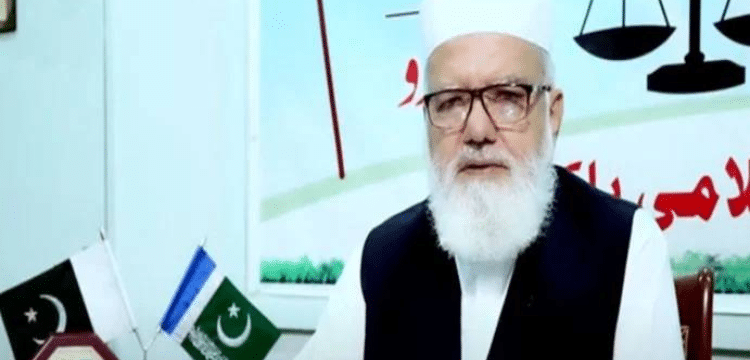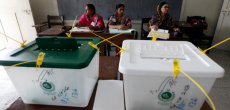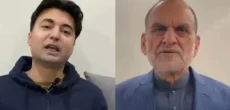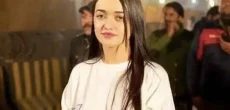[vc_row][vc_column][vc_column_text dp_text_size=”size-4″]In the aftermath of the February 8 elections, Jamaat-e-Islami (JI) has officially declined the prospect of forming a government in collaboration with the Pakistan Tehreek-e-Insaf (PTI), which secured a higher number of seats in both the central and Khyber Pakhtunkhwa (KP) regions.
Liaqat Baloch, the Central Naib Amir of JI, conveyed to the media that his party had already entered into an alliance with another political entity at the federal level. He added that forming an alliance with the PTI in KP would not be feasible. The refusal appears rooted in the political complexities surrounding the election outcomes and existing alliances.
Read more: PTI Forms Alliance With MWM For Government
On the flip side, Barrister Muhammad Ali Saif, a prominent member of the PTI, cited the absence of any seats held by JI in the provincial assembly of KP as a hindrance to forming an alliance with them. This statement emphasizes the practical challenges and criteria that political parties consider when contemplating collaborations for government formation.
Notably, JI encountered setbacks in the KP Assembly as all three of its initially winning seats were subject to recount requests by the runners-up following the general elections. This situation adds a layer of intricacy to the political landscape, potentially influencing the decision-making processes of both JI and PTI regarding alliances and governance.
A noteworthy development preceding JI’s refusal was PTI’s announcement of forming an alliance with Majlis Wahdat-e-Muslimeen (MWM) to establish a government in both the central and Punjab regions. PTI spokesperson Rauf Hassan revealed this decision in a press conference, specifying that PTI would also collaborate with Jamaat-e-Islami to govern in Khyber Pakhtunkhwa.
Hassan underscored PTI founder Imran Khan’s stance that those who emerged victorious in the elections should constitute the government. He explicitly mentioned that no negotiations would take place with other major parties such as PML-N, PPP, and MQM-P. The commitment to prioritizing discussions with election winners aligns with Imran Khan’s vision and reinforces PTI’s strategy in the post-election period.
Furthermore, Hassan highlighted Imran Khan’s directive to expedite intra-party elections. Imran Khan, the former prime minister who has been in jail since August of the previous year, has consistently emphasized the importance of internal party processes and democratic practices.
Provisional results from the elections indicated that independent candidates secured 101 seats in the general election for the National Assembly, with the PML-N following closely with 75 seats. PTI asserted that a significant portion of the independent candidates were supported by their party, showcasing their influence on the political landscape.
In the broader context, the unfolding dynamics post-election reveal the intricacies of political maneuvering, alliance considerations, and the prioritization of democratic principles. The decisions of JI and PTI regarding alliances not only shape the immediate future of governance but also have implications for the political climate in Pakistan, highlighting the delicate balance between electoral outcomes and collaborative efforts in forming a stable government.[/vc_column_text][/vc_column][/vc_row]











